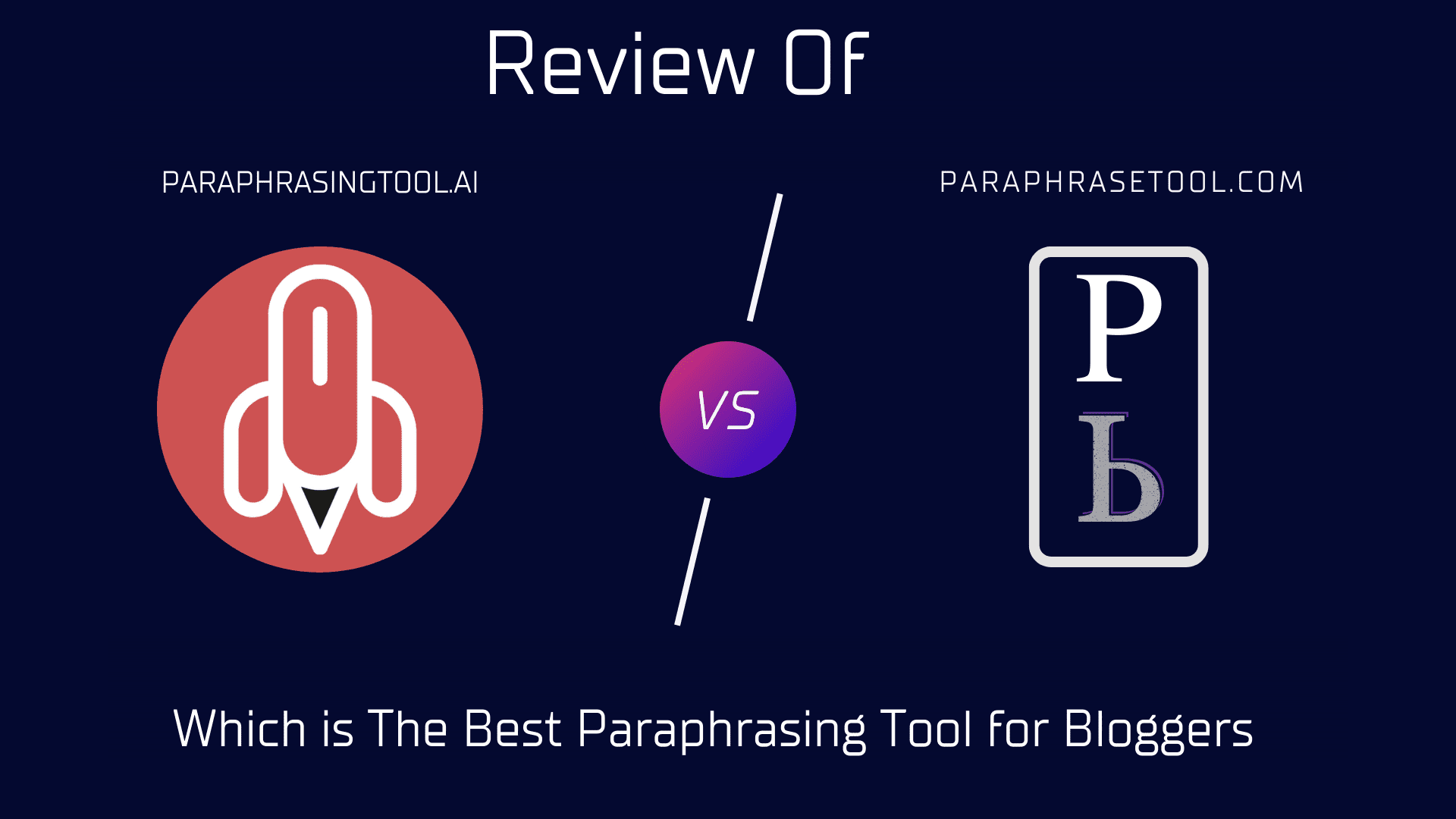Language isn’t just a means of communication—it’s the foundation of academic writing. Language structures ideas, formulates arguments, and prescribes how knowledge is communicated. For students aspiring to clarity, credibility, and critical thinking, mastering academic language is essential. Whether you write essays, lab reports, dissertations, or reflective writing, your success will be determined by how well you manage language.
Those students who seek assignment help get stuck, not due to lack of knowledge but because they lack the ability to articulate their thoughts in the right tone and structure for academic writing. This is why there is a need to understand the role of language. This guide explores how language impacts academic writing, from tone and style to structure and argument, offering practical tips on how to make your work better.

The Basis of Academic Language
Characteristics of Academic Writing
Academic language is different from everyday conversation since it is:
Formality – Avoiding slang, contractions, and colloquialisms.
Objectivity – Evidence rather than based on personal opinion.
Precision – Using definite definitions and technical terms.
Evidence-based logic – Supported by credible sources.
Structured flow – Following a logical progression with well-sewn paragraphs.
Why Academic Language Is Different
Unlike everyday writing, academic writing cannot tolerate vagueness or ambiguity. It is to inform, to analyse, and to argue, not to entertain. Every sentence is meant to be part of the overall argument of the essay or report. Language has to be deliberate and specific to the audience, more often than not, tutors, academics, and fellow professionals in the field.
Common Language Challenges in Academic Writing
Overuse of Informal Phrases
Saying “a lot of,” “stuff,” “things,” or “you know” weakens academic arguments. They are too vague or colloquial, which will damage credibility.
Replace with:
“Many,” “materials,” “concepts,” “it is clear that.”
Lack of Clarity and Conciseness
Wordy sentences are written by students who think it sounds academic. But clarity trumps complexity. Filling sentences with too many ideas makes it harder for readers to follow.
Example:
Replace: “The reason why this can occur is that there are many different reasons.”
With: “This can occur due to several reasons.”
Misuse of Technical Vocabulary
Juggling large words without fully knowing their meaning is risky. Specialized vocabulary in academic writing is encouraged, but only when it is accurate and suitable.
Advice: Always consult the meaning of a word in context before using it.
Tone and Register in Academic Writing
Formal But Accessible Language
Students get academic writing mixed up with using overly complicated words. The secret is sounding formal but not pretentious. The tone is one of respect, measured, and logic-based.
Example:
Rather than: “This completely proves the point.”
Use: “This strongly supports the argument.”
Passive vs Active Voice
Passive voice is used in academic writing, but not overused. Both voices are useful:
Active voice: Direct and clear (“The study shows.”)
Passive voice: More objective or where the subject is unknown (“It was shown that.”)
Balance both for a readable and formal tone.
Grammar and Syntax for Academic Effectiveness
Sentence Structure
Good arguments are formed by well-constructed sentences. Follow the simple rule: one idea per sentence. Employ complex sentences when necessary, but do not make them run-ons.
Weak: “The experiment failed, it might have been the equipment it wasn’t reliable.”
Strong: “The experiment was a failure, possibly because the machinery was not reliable.”
Punctuation Matters
Incorrect punctuation can utterly change the meaning of a sentence. Take special care with commas, colons, and semicolons.
- Use commas to separate clauses.
- Use colons to introduce lists or explanations.
- Use semicolons to connect related independent clauses.
Building Cohesion and Coherence Through Language
Linking Words and Transitions
Logical academic writing is clear. Transitions help the reader to move from one point to another.
Examples:
Addition: Furthermore, in addition, besides, also
Contrast: Conversely, otherwise, though
Cause and effect: Therefore, as a result of this, hence
Examples: As an example, to illustrate, by way of example
Using these properly can improve the readability and the strength of your argument very much.
Paragraph Unity and Focus
Each paragraph should be about one idea. The topic sentence makes the point, and the rest of the paragraph explains. Transition words at the beginning or end of paragraphs create a smooth flow.
Language and Critical Thinking
Presenting Arguments and Counterarguments
Writing academically is not just a case of saying facts—it’s a case of thinking critically about them. Language plays a crucial role in presenting both sides of an argument.
Use sentences like:
It may be argued that.
An alternative view is that.
This raises the question of.
Such structures signal to the reader that the writer is examining, not just reporting.
Evaluative Language
Evaluative language is employed to assess the importance, strength, or reliability of information.
Examples:
Very important, potentially flawed, methodologically robust, hardly effective
These sentences reflect depth of knowledge and engagement with the topic, key features of good academic writing.
Discipline-Specific Language Use
Toning Language for the Subject
Conventions in language also vary by discipline. An essay for philosophy may draw on abstract reasoning and conceptual vocabulary, while empirical accuracy is needed in a biology report.
Hints:
Familiarise yourself with the writing style used within your topic of study.
Inspect top-rated essays in your field for sentence wording and word use.
Jargon and Audience Sensitivity
Use jargon only when necessary and in context. If the term is technical or specialized, consider defining it briefly to keep it accessible without compromising professionalism.
What To Do to Improve Academic Language
Read Academic Writing Regularly
Reading research papers, textbooks, and journal articles helps with becoming familiar with academic vocabulary, tone, and structure.
Notice:
Sentence ordering
Vocabulary usage
Argument flow
Keep an Individual Academic Word Bank
List academic phrases and discipline-specific terminology in use most often. Classify them according to function:
- Presenting ideas: “According to,” “It is commonly held that.”
- Backing up evidence: “This is backed by.,” “Evidence suggests.”
- Finalizing: “In summary,” “So it can be said.”
Peer Review and Feedback
Request peers or tutors to proofread your work, highlighting particularly language usage. An objective comment is useful for drawing attention to confusing or improper wordings.
Language Pitfalls to Avoid in Assignments
Wordiness and Repetition
Repetition irks the reader and dilutes your argument. Never say the same thing twice, unless it provides value.
Example:
“In conclusion, in short, the overall summary is that…”
Fuzzy Pronouns
Employ specific nouns when working with ideas or sources. Without a concrete noun for the pronouns “this,” “it,” and “they,” makes it fuzzy.
Clarify:
Instead of: “This points to the problem.”
“This evidence shows the issue with unreliable data.”
Excessive Use of Thesaurus
Swapping every word for a more pretentious alternative tends to lead to abused vocabulary. Use words you understand fully.
The Relationship Between Language and Academic Success
Command of academic language has a direct impact on grades. Tutors assess clarity, accuracy, and critical thinking—none of which are possible without good language use.
Language also helps with:
- Demonstrating understanding
- Forming persuasive arguments
- Exhibiting originality
- Maintaining academic integrity
For students seeking assignment help, language focus is a beginning point towards writing independence. It’s not just getting someone else to do it—it’s knowing how to express ideas in an academic way and confidently.
Conclusion
Academic writing does not require mere understanding of the subject—it demands the ability to express that understanding clearly and forcefully. Language is the tool that conveys information to readers, and mastery over it is vital for academic achievement. From building sound arguments and avoiding ambiguous sentence structure to learning discipline-specific conventions, language influences all facets of an academic assignment. For students who struggle with phrasing, tone usage, or sentence structure, seeking assignment help might be valuable advice—but hopefully, the goal always must be to improve one’s language use.
For further support, Assignment in Need (assignmentinneed.com) is a reliable option to look to when the pressures of school become too much. With the right tools, criticism, and effort, mastery of academic writing is well within reach.








